It is conventional wisdom that large vehicle sales (like pickup trucks, large SUV’s and full size sedans) crash when the price of gasoline spikes. This is an “proof” offered by some on the left that carbon taxes reduce consumption. We wanted to find out if this is true and what is affecting the trends.

 Take a look at these two tables. They show average vehicle fuel economy of VEHICLES ACTUALLY ON THE ROAD in several different categories along with the price of gasoline over the last century.
Take a look at these two tables. They show average vehicle fuel economy of VEHICLES ACTUALLY ON THE ROAD in several different categories along with the price of gasoline over the last century.
If you dig through them you can see that while there is a relation between average fuel economy and the price of gasoline the charts show that the relationship is not particularly strong and worse, the charts do not tell you the cause of the changes. It would be easy to suggest that the charts prove that people use more fuel efficient vehicles when the price of gasoline increase but it is more likely that the fuel economy increases are actually due to government regulation, primarily through the ‘Corporate Average Fuel Economy’ (CAFE) standards in both Canada and the United States.
This was not the situation we had expected. We thought it would be easy to correlate large vehicle sales (like pickup trucks) with the price of gasoline. If the price of gas goes up, we expected truck sales to fall about 4 months later.
So if there is not a tight correlation between gas prices and large vehicle sales, why is that? Well, it turns out that large vehicles like trucks have made leaps and bounds in fuel efficiency in recent decades. Large vehicle engines now:
- have cylinder deactivation – aka Variable Displacement – GM now has an 8 cylinder engine can can fire as few as a single cylinder
- have turbo chargers – think “Ford Eco Boost“, GM “EcoTec“…
- are MUCH smaller than they used to be – the Ford Explorer traded its 3.6 liter engine for a 2.0 liter engine in 2012 and the 2019 Jeep Wrangler will have a 2.0 liter option
All of those improvements are combined with massive changes in transmissions and tires:
- Three speed transmissions used to be the norm. Now you will hard pressed to find a large vehicle with less than an 8 speed gearbox.
- Low(er) rolling resistance tires are everywhere
Finally combine those improvements with vehicle chassis changes like:
- “Lightweighting” is all the rage in trucks – the Ford F150 is now all aluminum
- Body aerodynamics is now a critical part of the design:
- the bottom of trucks now often have covers to make the air flow under the vehicle smoothly
- cabin roof lines are designed to have the air skip over the tail gate
Beyond all of these technical advances is the fact that cars have simply fallen out of fashion with consumers and so auto manufacturers are now selling primarily SUV’s, XUV’s and CUV’s which are little more than tall unibody cars.
The engineering and cultural changes make it is nearly impossible to show that large vehicle sales slumps are correlated to higher gas prices.
What we can say for sure is that, low fuel prices spark the sale of pickup trucks and, at the other end of the spectrum, highly efficient vehicles (like compact cars and hybrids) sales increase when the price of gasoline spikes:
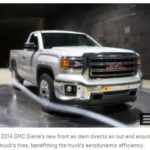
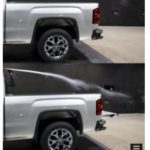


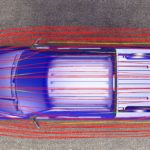
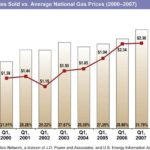
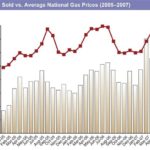
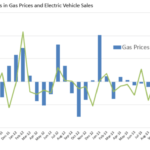
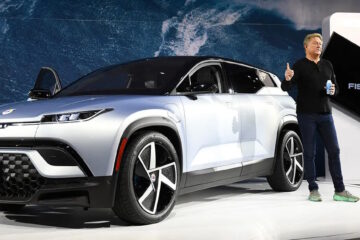
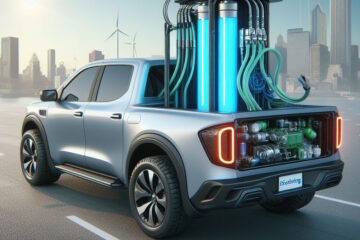
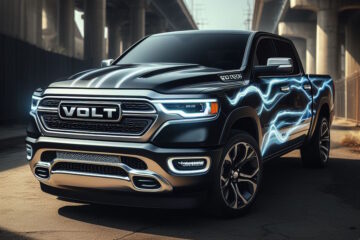
1 Comment
Angel · March 25, 2024 at 12:48 am
Hey that’s kind of cool. Makes sense that the price of fuel like gasoline and diesel affect consumption but it makes even more sense that it’s most effective at reducing consumption when it’s a big spike. People just don’t seem to notice the little changes like a few cents or even a dime. They’ll complain about them but they don’t change their behavior.